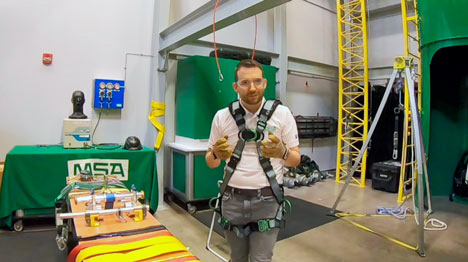What You Need to Know
Networking and referrals establish your company’s credibility.
Develop a business philosophy that sets you apart from your competitors.
Know what to consider before starting your business.
Todd Adlon, president of American Manufactured Inc. in Millerstown, Pennsylvania, talks about the journey in taking a leap of faith and starting his own CNC machining business.
People always ask me why, after 20 years of working for a larger machine shop, where I ran CNC milling machines, programmed CNC machines, ordered materials, inspected parts and was pretty much involved in every aspect, would I then decide to go start my own machine shop. Well, it was more serendipity than an actual decision. My old shop had a major slowdown after losing its biggest client, and then somebody offered to sell me a mill and a lathe. I had considered starting my own CNC machine shop for many years. I even saved money for the machine down payments. So, in April 2016, I took a leap because I saw that my former employer had focused too much on one major client. When that client changed management and started sending its machining work overseas, we were left high and dry. I thought I might do better on my own, going after a variety of smaller clients instead of just one behemoth, and I opened American Manufactured Inc. (AMI). That’s when things started to get interesting.
Making Connections That Matter
I live in Millerstown, Pennsylvania. It’s a small community, and our local high school only graduates about 35 students a year. In the center of town, the local fire department company recently built a new firehouse. When the old one became available, suddenly there it was—the perfect space for AMI. I got in touch with a supply rep who became a good friend over the years. He recommended I get in touch with Xometry, a company that specializes in connecting product designers, engineers and procurement officers with the right machine shop to make their parts. Xometry contracted me out for work right away. I hired one employee, and soon more work from other clients started coming in. Between the two of us, we have about 40 years of combined machining experience, including the knowledge of how to run a shop. I’m proud to say that since opening our machine shop in April 2016, we haven’t had a single day without something to do. I’m even prouder to say that we’ve had a zero rejection rate. That’s right, we haven’t had any nonconforming products, nor have we missed any delivery dates

What’s your take? Talk to your peers in the community forum.
Define Your Commitment
Four months later, I’ve added a CNC vertical mill. Now, I’m looking to buy another machine, plus hire another employee. Some of our clients include ones like Hershey Food Service, Godiva and Segway, but we also have several smaller, steady clients that design for the military and aerospace industries. My philosophy is to offer more than what customers expect. I want them to know that AMI has their back. For example, I received a 200-piece order with a complicated design that took a lot of machining. I started to work on it until I got to the point where I found a major design flaw. It would’ve been easy to make the parts exactly how they ordered them and ship the order, especially since that’s what many machine shops do, but I knew the parts wouldn’t function properly. It was late in the day on a Friday in Pennsylvania and the customer is based in California, so I was able to get in touch with the engineers and discuss a couple of solutions. I explained how I thought it would work, and they told me to run a couple of samples. Once I finished, I shipped them via FedEx, and by Monday they had the newly designed part and agreed that it was the way to go. I saved that company quite a bit of money by finding the flaw and fixing it without downtime.
Stand Out from Your Competition
If I give someone a quote but can do the work somehow cheaper than expected, I will revise the quote and pass the savings on to the customer. I’ve heard this called concierge service. It’s really what machine shops like mine have to do now to compete. There’s work out there, but it’s not mindless. It’s challenging, which is what I like about it. I don’t want to produce a square part with two holes every day. I like working with these smaller companies that are innovative and producing well-designed products. AMI is in exactly the same boat; we’re small, but we’re doing top-quality work and there are no signs of slowing down.
Future Expectations
AMI is still growing. We’ll have a multi-axis machine sooner rather than later. Though multi-axis CNC machines are expensive, clients are expecting shops to have them because they can cut down on the amount of labor required for some jobs, follow more complex designs and offer an improved finished product.
The biggest obstacle I’ve faced, however, involves being prudent and patient when it comes to the machines and tooling I’ve decided to purchase. Sure, I’d like to own a multi-axis and every drill bit out there, but I have to make sure that what I buy is a sound investment. I can’t invest in anything that looks pretty but essentially just sits in my shop and gathers dust. Instead, I have to focus on the equipment and tools that are going to be put to work immediately. I haven’t had to turn away any work so far because I lacked the machines or tooling to do a job, but I could see this potentially happening. When you’re a small shop, you can’t do absolutely everything.
Right now, I’m satisfied that I’m equipped to machine just about any kind of material. And it’s really nice going home at the end of the day knowing that I’m helping to keep manufacturing here in the United States while providing a few jobs for the local community.
Key Takeaways
Translate 20 years of experience into being your own boss.
Learn the benefits of working with smaller companies.
Stay focused in the midst of growth.
Are you thinking about going out on your own, or have you already done it? Talk to us and others who have done it in the forum.
Related Articles
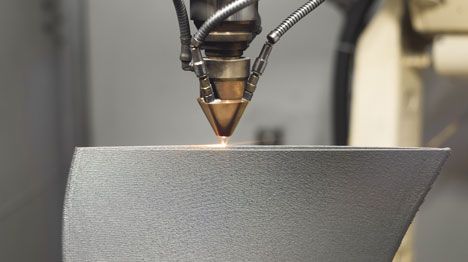
The Latest Tools and Techniques in Metal 3D Printing
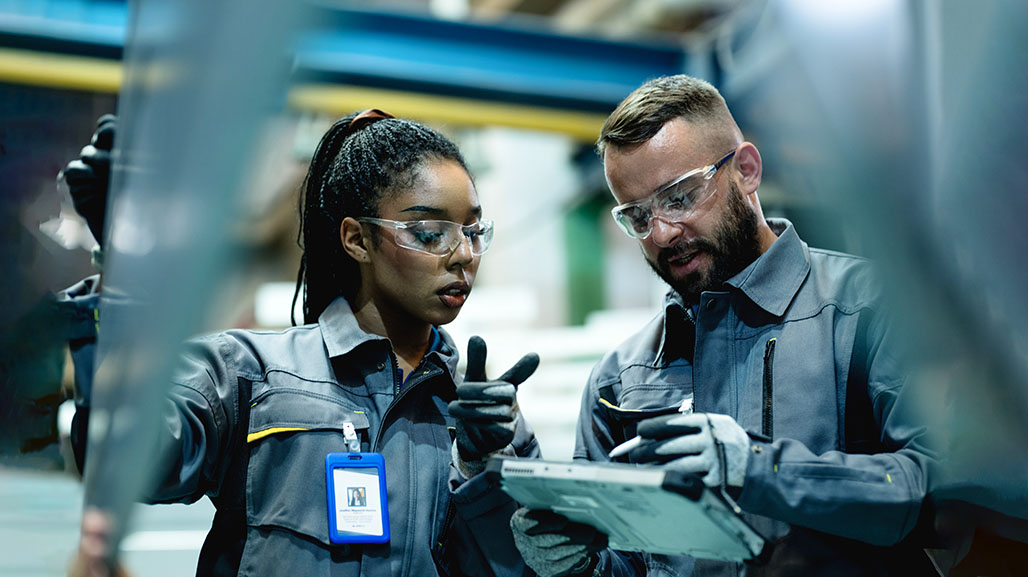
Q&A: The Strategic Case for Cross-Training Maintenance Teams
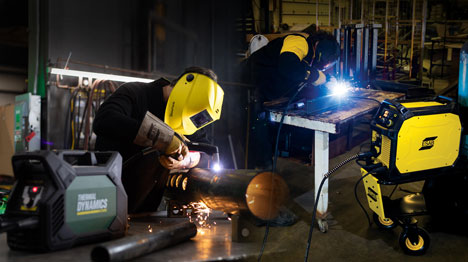
Selecting the Best Welding and Cutting Equipment: What You Need to Know
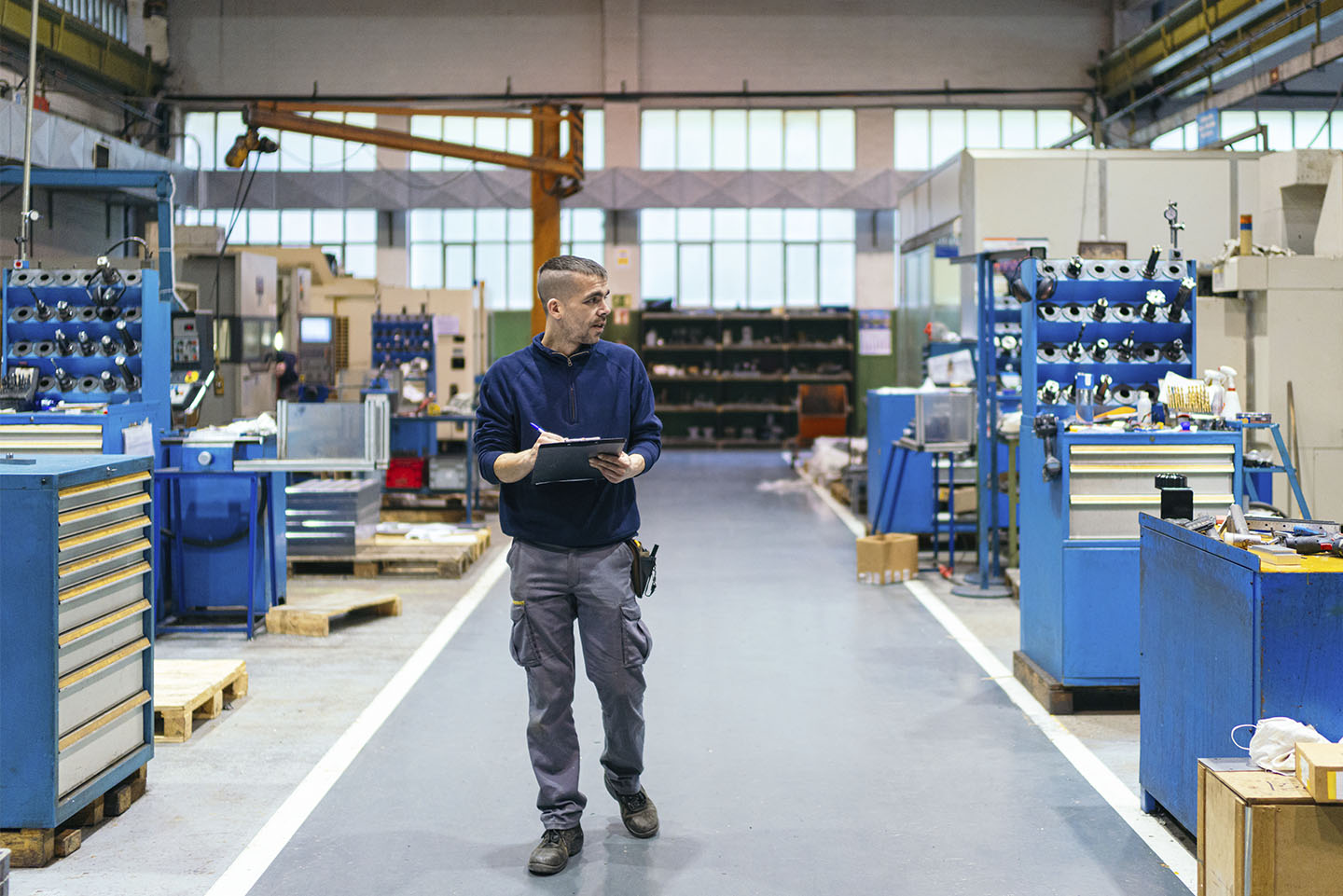
Total Cost of Ownership: Why it Matters More Than Ever in Metalworking and Machining
